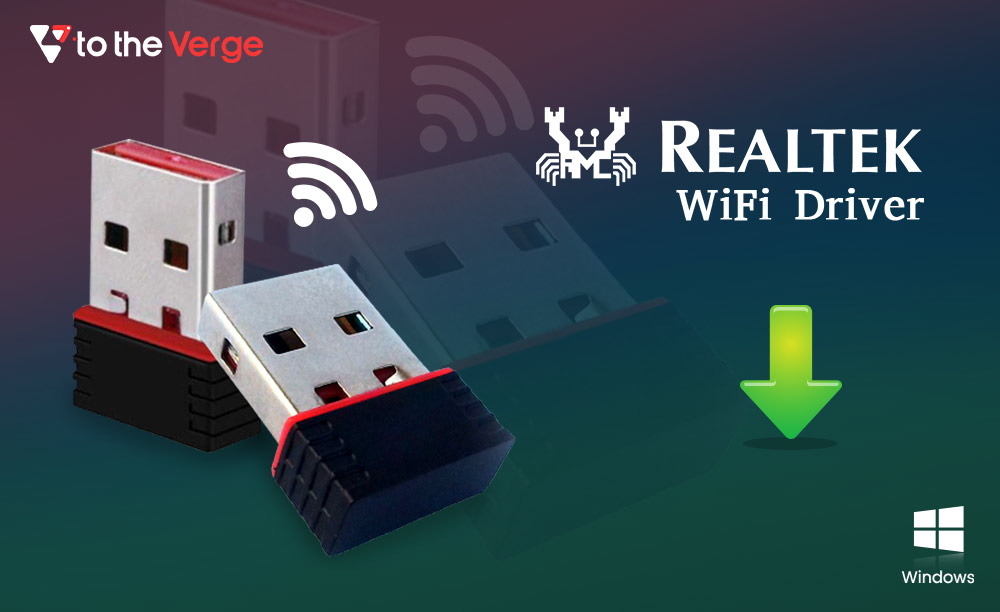Imagine connecting with different people worldwide without even knowing each other, setting up your own rules, making your own decisions autonomously, and everything being encoded on a Blockchain? Isn’t it great! Well, DAOs are making this real. But, what is a DAO? How does it work, and why are people talking about it so much?
A DAO (Decentralized Autonomous Organization) is a community-led object with no central authority. Instead, it is completely independent and transparent where smart contracts lay the foundational guidelines, execute the agreed-upon decisions, and at any point, proposals, voting, and even the code itself can be publicly reviewed.
If this sounds complex, let’s understand “Decentralized Autonomous Organization” with a simple example – Think of it like the company you work for, but there’s no CEO, managers, supervisors, board of directors, and boss. Instead, the entire operations of the company are handled by computers. Every new change within the company is voted on and decided on by you – means the employees.
DAOs can come in all forms and structures, but “a DAO is an internet community with a shared bank account,” Cooper Turley, an investor and creator of numerous well-known DAOs, tells CNBC Make It.
“Fundamentally, a small group of people establish a chat group together, and then they choose to pull capital together, with an Ethereum wallet,” Turley says. Next, they decide how to fund their DAO’s mission together.
Here we have a brief introduction to what DAO is all about, but let’s look at the DAO concept in detail to understand it better.
What are DAOs?
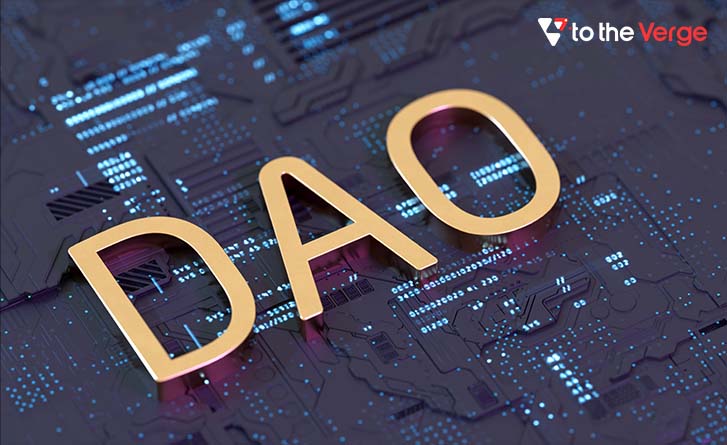
The DAO stands for Decentralized Autonomous Organization, where an organization is governed by computer code and programs. It has the ability to function autonomously without the requirement for a central authority. You can think of a DAO as a cooperative group joined together by a set of rules and regulations hard-coded on the blockchain.
A DAO can work with external data and execute commands based on them through smart contracts without any human intervention. It is operated by a stakeholders community incentivized through some token mechanism. A DAO token‘s rules and transaction records are collected transparently on the blockchain. Stakeholders’ votes generally decide on rules and regulations. Usually, the way decisions are made in a DAO is through proposals. It is implemented if most stakeholders vote on a proposal or fulfill other rules in the network consensus rules.
A Decentralized Autonomous Organization works similar to a corporation or a nation-state but in a more decentralized manner. While traditional corporations work with a hierarchical structure and many bureaucracy layers, But then DAOs have no hierarchy. Instead, DAOs use lucrative mechanisms to align the organization’s interests with its members.
Additionally, any formal contract does not tie members of a DAO. Rather, they are combined together by a mutual goal and network incentives bound to the consensus rules. These rules are totally transparent and written in the open-source software that manages the organization. Since Dao’s crypto work without borders, they might depend on diverse legal jurisdictions.
DAOs token is decentralized because no single entity has the authorization to make and enforce decisions. And it’s autonomous because it can operate on its own. And once a DAO is implemented, it cannot be managed by a single party. Instead, a community of participants governs it.
If the governance rules defined in the protocol are planned well, they should drive users towards the network’s most controlled and managed outcome. Simply put, DAOs crypto offers an operating system for open collaboration. This operating system lets individuals and organizations collaborate without knowing or trusting each other.
Now that we know what DAO is? It’s time to understand how Does DAO works?
How Does A DAO Work?
A core team of community members set up the rules and guidelines of the DAO token using smart contracts. These smart contracts prepare the foundational framework through which the DAO crypto will operate. In addition, they are highly visible, verifiable, and can be publicly auditable so that any potential member can understand how the protocol is to work at every step.
Once these rules and regulations are officially written onto the DAO blockchain, the next step is around funding: the DAO crypto needs to discover how to obtain financing and bestow governance. This is normally accomplished through DAO token issuance, by which the protocol sells tokens to raise funds and fill the DAO capital.
In return, token holders are provided specific voting rights, usually related to their holdings. Once funding is done, the DAO crypto is all set for deployment. Once the code is pushed into production, it can no longer be altered by any other means except consent reached through member voting. No special authority can change the rules of the DAO token; it is completely up to the community of DAO token holders to make a decision.
To understand better, Think about it like the company you work for. The founders and business leaders made this company, and they developed values and a particular company code that everybody has to adapt to keep systems running efficiently. And when you joined, you automatically agreed to follow those company rules and regulations when you signed your employment contract.
DAOs work quite the same way, but there are some alterations. Firstly, rather than signing an old-fashioned paper or PDF contract held and executed by a person, DAOs use a unique kind of contract – “SMART” contracts. So what are these smart contracts? Let’s find out:
What Are Smart Contracts?
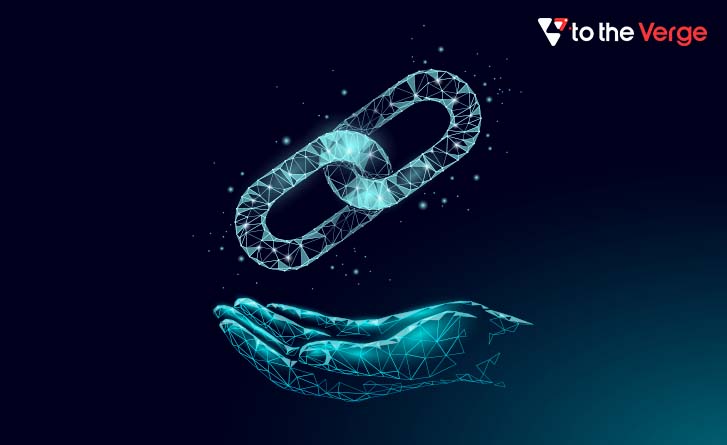
Smart contracts are digital contracts stored on the DAO blockchain, and they execute themselves automatically, which is the “autonomous” part of a Decentralized Autonomous Organization.
With smart contracts, no manager or person needs to check your timesheet, approve the automatic deposit, record your payment, etc. Instead, the computer does it all by itself and will automatically release your money once your working hours are completed.
Then the transaction history is recorded publicly on the DAO blockchain for everyone to see. Therefore, no one can manipulate the contract or refuse to follow through because no one controls it, and all activity around the contract is publicly recorded.
Another necessity to join a DAO crypto, in addition to agreeing to its values, is that you have to hold “governance tokens.” These are unique types of cryptocurrency tokens specific to that DAO. When a DAO token is built, the creators also create a particular amount of these governance tokens. They are your shares in the company, and they show that you are part of the DAO, giving you voting power.
Together, every member decides where money needs to be spent, decides on company changes, and acts as a shareholder. This way, nothing can change without the majority agreeing to the right move.
What Are The Benefits Of DAO?
DAOs are a crypto-native way to organize a group of individuals to pursue a shared goal or vision. Like a cooperative business model, contributors are incentivized to invest their time and resources because they each have a stake in the organization’s future success.
In addition, DAOs are much more effective than traditional business structures since their decision-making procedures are transparent and automated. This means there’s less possibility of misusing power and more scope for association, innovation, and research.
A few benefits of DAOs:
1. Transparency:
A DAO offers its users a clear set of rules. DAO participants can see the code governing the network and all the transactions on the blockchain.
2. Efficiency:
DAOs are an excellent way to collaborate worldwide, as the technology makes them exceptionally borderless. The participation rules are also explicit, and once any decision is made based on the DAO’s framework, contracts are executed automatically.
3. Autonomy:
Since DAOs crypto are self-governed by their communities, they can function without a central authority figure, authorizing everyone involved.
4. Anonymity:
Participants can invest in a DAO anonymously, which means they can be more experimental and flexible with their investments.
Challenges of DAOs:
DAOs have a long way to go regardless of their growing popularity before reaching full mainstream adoption. “Not all DAOs work out. Indeed, most DAOs won’t work out over a long period. They’re very temporary,” Turley states. “It’s quite uncertain or risky part to be poking around with.”
It’s always a possibility that the governance token value for a DAO may hit zero. Therefore, potential investors should do their research first and only invest what they can afford to lose.
However, the possible upsides can be significant. For example, Turley says, “take governance tokens, which have a secondary market value. So having a governance token is like holding equity in an initial-stage startup. If it grows into successful later on, that equity will be exceptionally precious.”
DAOs will also have to overcome several possible regulatory and legal challenges, particularly in the US. There are many unknowns concerning how likely legal frameworks across the US could impact DAOs and how DAOs function.
“One major issue with the whole space is the lack of governing clarity,” says Luiz Ramalho, co-founder of Polvo Technologies, who helped create FingerprintsDAO – which is used to collect NFTs.
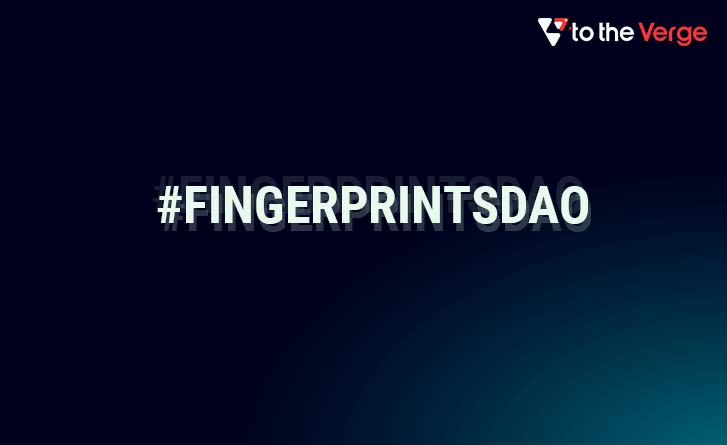
Additionally, DAOs crypto needs a substantial amount of technical expertise, and after a while, it can also get expensive to retain all the best security practices. Since DAOs are still comparatively new, their security foundation and maintenance tools continuously improve.
The innovation of DAOs could possibly open them up to security concerns. Misuses, phishing scams, and other online threats are real possibilities, especially if your DAO has a lot of money.
Types of DAOs
DAO is a broad term that incorporates many different groups and businesses. As a result, two collectives can be vastly different, but both are DAOs.
Here are a few examples of popular DAOs:
- PleasrDAO – PleasrDAO collects different NFTs and invests in other assets.
- HerStory – It collects and finances projects by Black women and non-binary artists.
- Komorebi Collective – The DAO funds women and non-binary crypto organizers.
- Friends with Benefits – The DAO is an exclusive social club you pay to enter.
- MetaCartel Venture – This DAO is a for-profit business that invests in initial-stage decentralized applications.
- DAOhaus – The DAOhaus is a no-code platform for launching and running DAOs.
- MakerDAO – If you would like to contribute to the protocol that announced the world’s first unbiased stable coin, DAI, you can get involved in governance by voting on changes to the Maker protocol.
- RaidGuild – This service-based DAO stemmed from the MetaCartel network and is intensely deep-rooted in the Web3 world.
- Proof Of Humanity – This Sybil-resistant human registry utilizes social verification and Kleros’ courts to allocate Universal Basic Income (UBI) tokens to verified humans on-chain.
- Opolis – This member-owned digital employment cooperative provides benefits and shared services for the self-governing worker.
- MolochDAO – This OG DAO award permits to advance of the Ethereum ecosystem.
So if you are interested in the space and searching for a way to contribute, just explore the examples of DAOs and hop in!
The Process For Creating A DAO?
The fundamental procedure for building a DAO does involve technical expertise. But we can imagine that the community will access an arsenal of tools that will make developing a DAO seamless and intuitive in the near future. Moreover, the more people experiment and understand how DAOs operate, the closer we will see an array of innovative applications start to unfold.
So, if you wish to make an effort to start your own DAO, you will first need to get your wallet ready and a network of peers to rally around your idea. Then you can work with your network to come up with your collective goals and decide your own set of rules and regulations.
Once you establish an approach for decision-making, you can encrypt that procedure into a smart contract. Some pre-existing examples of DAO-creation platforms are Gnosis Safe, Moloch, Aragon, Colony, and DAOStack.
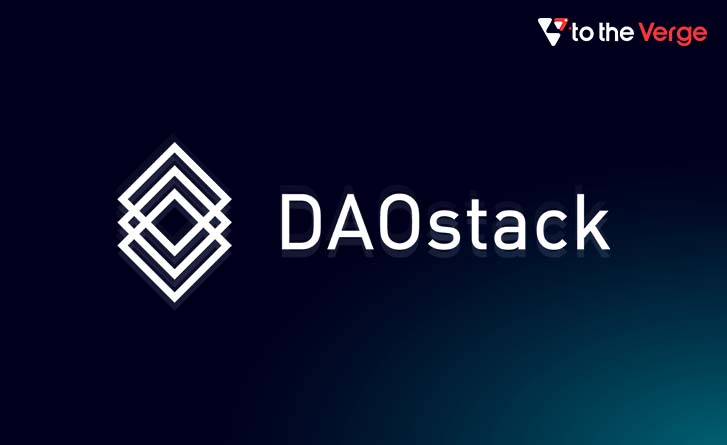
You can also create a token, add liquidity, and supply your treasury if you want to get fancy. The token will be unique to the DAO and can be used to manage your DAO’s ecosystem. For example, maybe new members can join by purchasing and investing tokens into the DAO’s treasury, which grants them voting rights and influences the group’s new possibilities.
As the DAO expands, new members can join so that you can all make and vote on proposals together. Remember that a DAO is owned by everyone who’s a part of it, so it won’t be yours to any further extent once you get it going. It will belong to the collective.
How Will DAOs Shape The Future Of The Internet?
DAOs crypto will renovate the traditional model of a centralized business and reclaim ownership of what’s created by putting authority in the hands of the community that built it. Despite the unknowns, those in the space think that DAOs will be disruptive to traditional business structures.
“I think DAOs are the new LLCs,” Turley says. “I think in almost five years, corporations won’t have equity to any further extent. Instead, they’ll have tokens, and they’ll be characterized as DAOs.”
Mark Cuban has also said that he sees value in DAOs. “The future of organizations could be very diverse as DAOs undertake traditional businesses.” He tweeted, “Entrepreneurs that allow DAOs can make money. If the community excels at governance, everybody shares in the upside.”
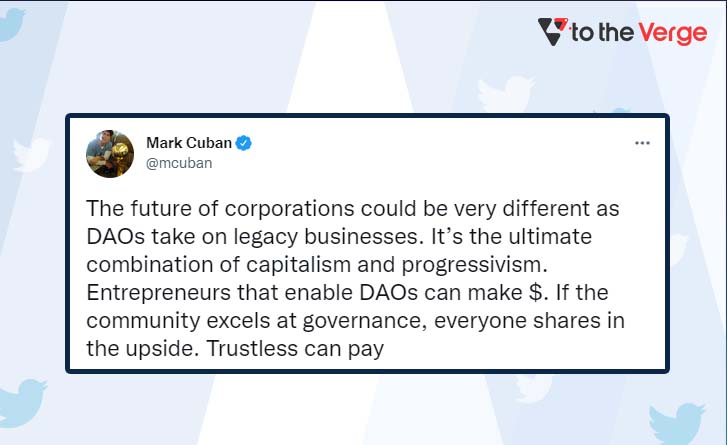
Cuban stated that DAOs wouldn’t fit every type of venture. Still, any company has many features and procedures that can be more effective and prolific using a decentralized, trustless approach.
The current surge of mainstream institutional investment in DAOs is also an indication of growth for the industry. However, it also shows the potential for more widespread adoption, leading to potential competition with traditional businesses and organizations.
Turley envisages that the future mega-popular and successful companies may be DAOs. “I believe that the next Facebook-like company will be made as a DAO instead of an LLC.” Furthermore, he says, “As DAOs continue to grow and gain popularity, they can possibly build more community and attract new crypto enthusiasts with their potential for secrecy and low entry barriers.”
FAQs – DAOs
Q1. What are DAOs used for?
DAOs are an efficient and secure way to work with like-minded people worldwide. Think of them like an internet-native business collectively owned and managed by its members. They have built-in treasuries that no one has the authorization to access without the group’s approval.
Q2. What are examples of DAOs?
Examples of operational DAOs include DASH, a cryptocurrency managed by its users, MakerDAO, a software that upholds a stablecoin, and Augur, a prediction market platform. Other use cases involve incentivizing users to function on social media platforms, such as Steemit, or shared virtual worlds, such as Decentraland.
Q3. How do DAOs work?
DAOs are developed on open-source blockchains, so anybody can see what’s written into the code. For example, suppose any member submits a proposal, audits the group’s treasury, or takes other action within the DAO. In that case, that action is logged indelibly on the DAO blockchain, keeping a record transparent and safe.
Conclusion
DAOs are growing in popularity and applying to more use cases every day. In addition, the leap of NFTs across the internet has fueled interest in DAOs and moving forward. As a result, we’ll likely see many people experimenting with how they can share funds to make investments in the space.
We’ll also start to see more organizations forming as DAOs, and more self-actualizing groups implementing DAOs to help govern new and exciting solutions for how we create value and think about ownership. But, of course, this is just the start. Soon, several organizations will start making moves to open more possibilities for DAOs to buy seamlessly, create, engage with, or share NFTs collectively.
Snehil Masih is a professional technical writer. He is passionate about new & emerging technology and he keeps abreast with the latest technology trends. When not writing, Snehil is likely to be found listening to music, painting, traveling, or simply excavating into his favourite cuisines.

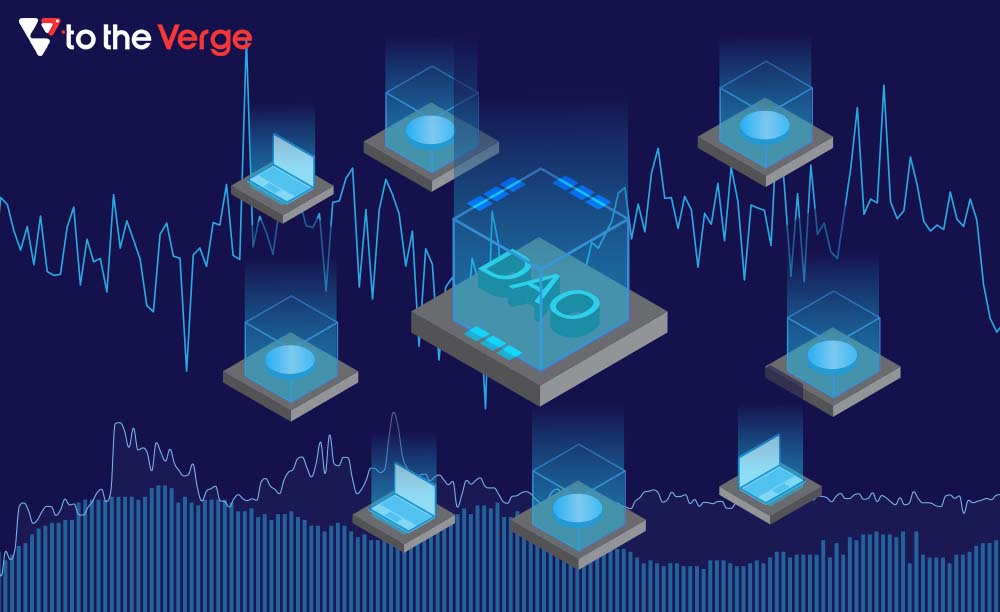
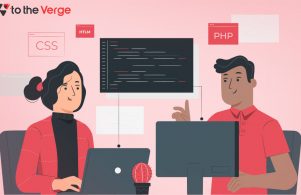
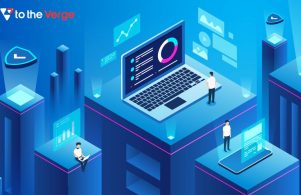
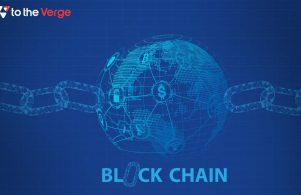
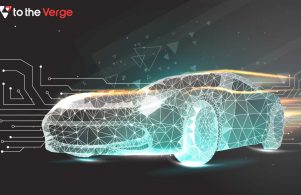
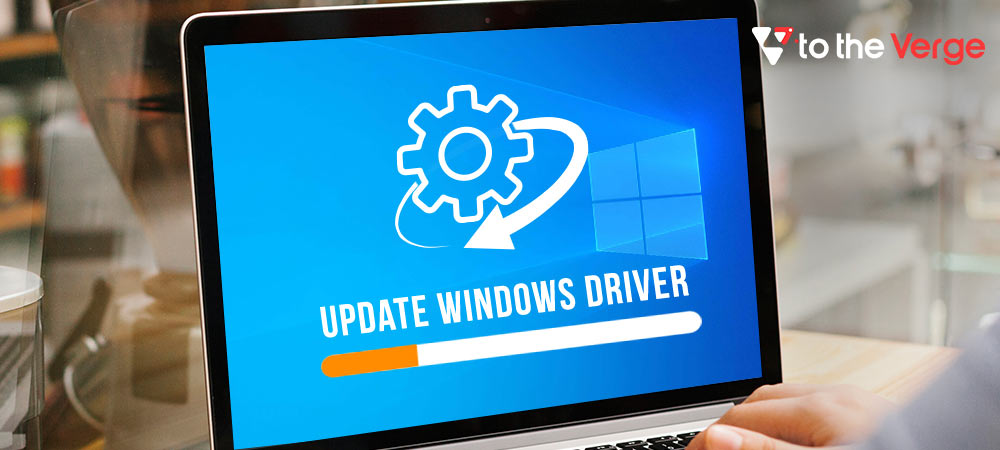
![How to Update and Reinstall Keyboard Drivers on Windows 10/11 [A Guide]](https://wpcontent.totheverge.com/totheverge/wp-content/uploads/2023/06/05062841/How-to-Update-and-Re-install-Keyyboard-Drivers-on-Windows-10.jpg)
